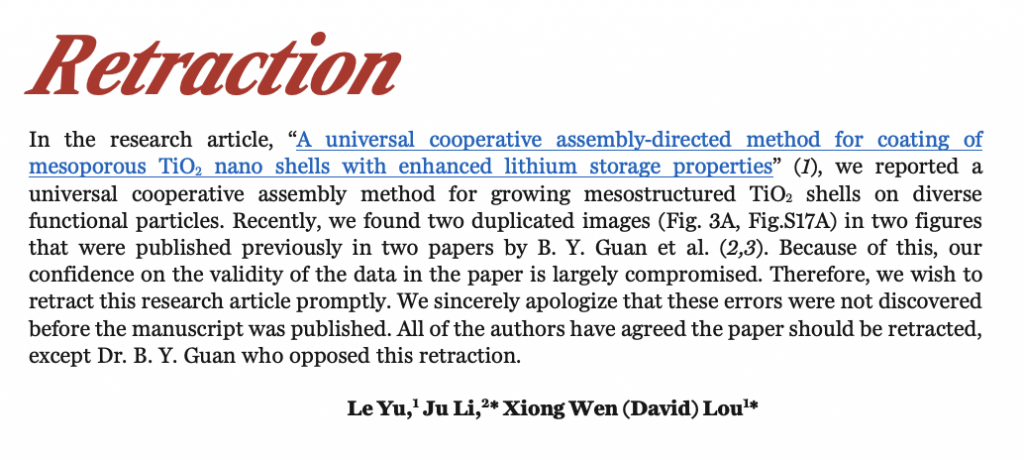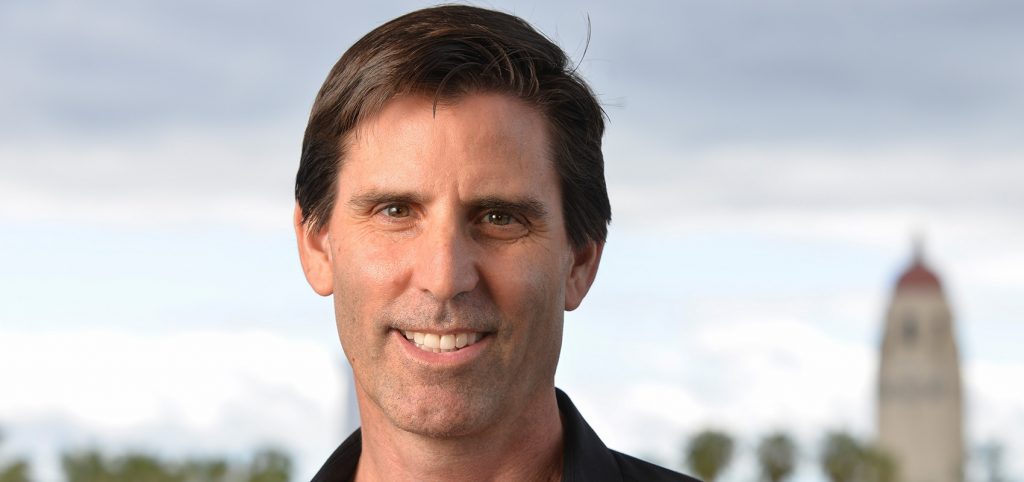
Before we present this week’s Weekend Reads, a question: Do you enjoy our weekly roundup? If so, we could really use your help. Would you consider a tax-deductible donation to support Weekend Reads, and our daily work? Thanks in advance.
The week at Retraction Watch featured:
- Nanotech paper retracted for duplicated images
- Group’s second paper on potential treatments for COVID-19 is retracted
- University of Glasgow ‘in discussions to retract’ seven papers, confirming Retraction Watch reporting
- Highly cited cancer immunologist “seriously breached” research conduct code: Australia institute
- Journal mulls expression of concern for Cassava Sciences paper
- Author who squats on domains to fake affiliations and added Wolf Blitzer as a co-author up to a dozen retractions
Our list of retracted or withdrawn COVID-19 papers is up to 192. There are now more than 31,000 retractions in our database — which now powers retraction alerts in EndNote, Papers, and Zotero. And have you seen our leaderboard of authors with the most retractions lately?
Here’s what was happening elsewhere (some of these items may be paywalled, metered access, or require free registration to read):
Continue reading Weekend reads: Nepotism in journals; the lessons of the ‘lab leak’ theory; four decades of research misconduct






